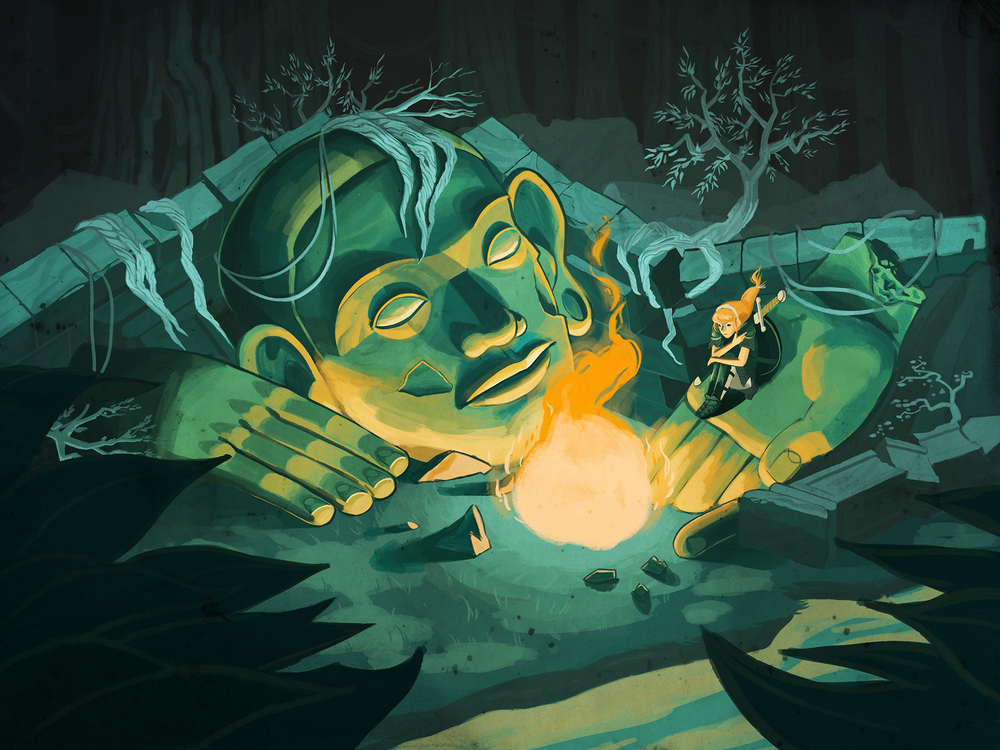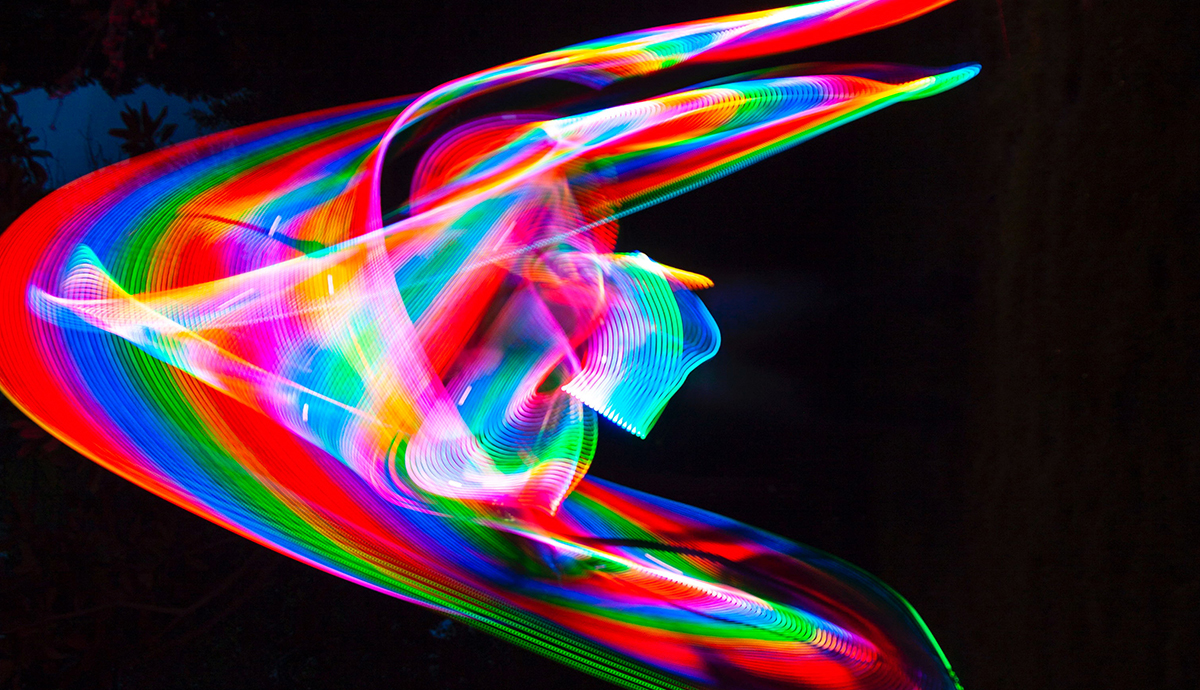"Creativity and Balance, or the Controlling Ideology of Control"

Is it too sweeping or just too obvious to say that from falling in love to creativity itself, we must be off-balance to become?
I find myself trying not to think about writing when I am writing (things themselves…but of course words fall into this category) and, then, thinking of it constantly when I am not. I have been told by smart, talented people that we all need to find a “balance” between writing and life. This dichotomy proliferates endlessly into the mythological “balance” between thinking and feeling, thinking or feeling and doing, creative and academic work, “research” and teaching, pedagogy and public intellectual life, etcetera, etc…
And so I decided I ought to write about this, about something so obvious many of us do not even hear it (or hear it anymore).
Neoliberal culture (the Western and now global charnel house of manufactured life we inhabit) relies on a pervasive narrative of equilibrium. We are told, over and over, that balance is or should be the goal of our personal, aesthetic, intellectual, professional, and social lives.
As you might guess, this ideology serves the status quo schizophrenically (given the schizophrenic nature of capitalism). The contradictory story (or discourse, if you want to be academic about it) goes like this: we must “grow” (develop new technologies and new markets) to maintain “balance,” despite the fact that disaster fueled or worsened by growth is increasingly a way capital moves (hence the term “disaster capitalism”).
Of course, many of the things we value most about being human come from being off-balance: meaningful engagement with art, ideas, politics, animal others, and other human animals. Engagement means stretching out to meet the other; such meetings mean we cannot be entirely sure of our footing. We cannot be entirely stable if we intend to be open to the other or to new things. Who knows how they will change us? Shift our weight? Remake us? Regravity the world? But even when we aren’t trying to be open, the truth is even self-regulating systems, such as animals, aren’t ever closed. No culture, no individual, no organism is an island. Agency, indeed life, is shifting and messy.
Now, the idea of balance itself is an old and not necessarily bad one; one has only to think of the Middle Way or the Golden Mean. In fact, balance is one of those ideas that seems self-evidently good. But in capitalism, the idea becomes ideology, perhaps in part because things that seem self-evidently good or true are ripe for the picking. The cultural bias toward homeostasis operates in so many spheres of our lives the list seems endless. Here, I will shorthand just a few: sex (current studies of sexual happiness suggest we’re in trouble because we cannot find “balance” — not because of myriad forms of exploitation or the thousand natural shocks flesh is heir to), technology (the one way to seem crazy in this culture is to consider the question of technology critically, off-balance as unbalanced), politics (for just one example, the call for faith in the American political system of “checks and balances,” however terrifying things become), the environment (ah, greenwashing: finding the “balance” between industry and environment, and “balance” as nature, the enormous fallacy of nature as some harmonious stasis), and finally thought itself (the notion that the truth of whatever must always lie “somewhere in the middle,” that every subject demands the same formulaic construction of “fair and balanced” treatment — the implication of “balance” as truth itself).
All of which suggests to me that we need to tip the scales, rock the boat, fall out of step… go too far to get things right.
When I mention to academic friends that I am working on an essay on balance (this, by the way, is just a trailer, a teaser, an abstract for the essay), the response is always, “You mean an article, right?” And when I mention it to poets and other creative types I hear, “Do you mean creative nonfiction or academic writing?” One of the pernicious things this ideology does is generate or bolster such false dichotomies, stifling creativity not just by admonishing us with an index finger wagging straight at our hearts not to “go too far” but by making us choose between aspects of ourselves, modes of thought and sensation, forms of language and line that cannot be parsed out into discreetly compartmentalized objects. Closed systems. Jars in Tennessee.
I am not, of course, claiming balance as it exists in the universe (inside an atom for example, for however long) is (only) a discourse or that it does not exist at all. Equally, I am not advocating that we should all run amok (I have always loved Thoreau on this: “I might have resisted forcibly with more or less effect, might have run “amok” against society; but I preferred that society should run “amok” against me, it being the desperate party.”) I am arguing that the discourse of balance in capitalist culture is deeply ideological, with tentacles moving in many directions at once. It is a discourse of many voices, but one which speaks in unison, shouting, when it does not whisper, “Control yourself.”
Christian Blaza is an illustrator based in New Jersey. Christian graduated Montclair State University in May 2015 with a 3.618 GPA. Along with receiving a BFA in Animation/Illustration, he was awarded Excellence in Illustration by the Department of Art & Design for the class of 2015. Interested in editorial, sequential, and fantasy illustrations.
Recommended
Nor’easter
Post-Op Appointment With My Father
Cedar Valley Youth Poet Laureate | Fall 2024 Workshop






